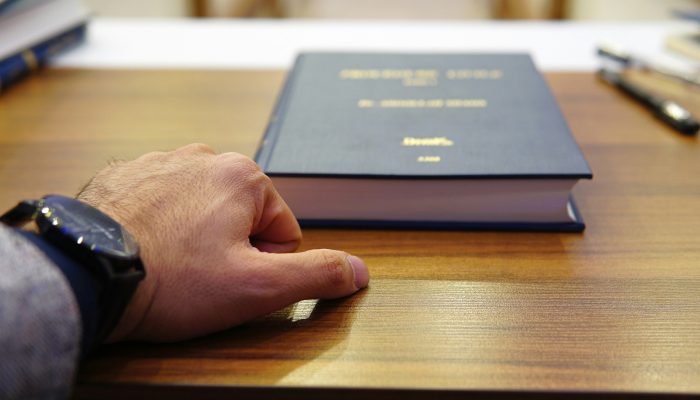A criminal conviction, whether for minor offenses like petty theft, DUI, or more severe felonies, can cast a long shadow over an individual’s future. However, avenues are available to seal these records and move forward, as reported by C.J. Keene with SDPB.
In South Dakota, one such pathway is expungement, a legal process that starts at the local clerk of courts office. The process comes with a flat fee of $70, as stipulated by state law.
Amber Watkins, the Clerk of Courts for Pennington County, acknowledges that this fee might be a financial burden for some. However, she assures that there are alternatives available.
“To apply for an expungement, one must initiate a civil case,” Watkins explains. “The Department of Corrections and the Board of Pardons and Parole oversee the pardon process. We do have provisions for waiving the fees, but that decision ultimately lies with the judge. Applicants must complete a financial affidavit, which we then forward to the judge for their verdict.”
The decision to grant an expungement is influenced by several factors, including the defendant’s initial plea, the state’s decision to prosecute, and the time elapsed since the arrest.
Watkins further clarifies, “If a defendant faced two charges and pleaded guilty to one while the other was dismissed, that case cannot be expunged. It’s an all-or-nothing situation. South Dakota provides forms for this process. Defendants file a motion, send the documents to the prosecutor, who then has the discretion to waive a hearing.”
An arrest can significantly impact a defendant’s life, affecting everything from employment opportunities to housing options.
Watkins adds, “After answering a series of questions, defendants will know if they’re eligible for expungement. They can find these forms online, and there are options for a regular pardon or an expedited process.”
You can read the full article at KXLG.

